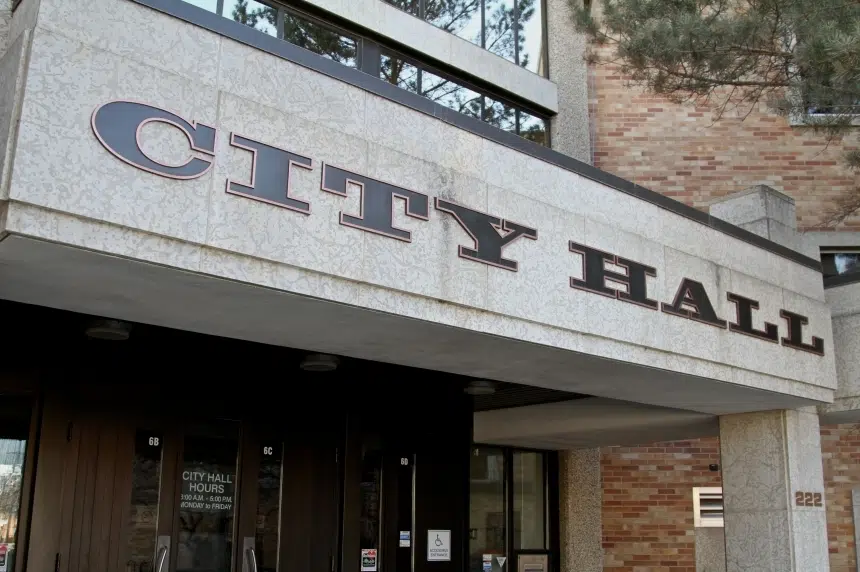Saskatoon is one step closer to joining several other Canadian cities in banning businesses from practising conversion therapy.
Conversion therapy is generally defined as providing counselling, behaviour modification or treatments aimed at changing a person’s sexual orientation, behaviour or gender identity.
The federal government has tabled Bill C-6, which would change the Criminal Code to prohibit certain activities relating to conversion therapy, including causing a child to undergo conversion therapy, causing an individual to do so against their will, or financially benefitting from the practice. The bill has received second reading, but has since been tabled.
At their regular meeting on Monday, Saskatoon city councillors voted 10-1 to accept a new draft bylaw banning the business practice of conversion therapy within the city.
Ward 5 Coun. Randy Donauer voted against.
Several residents made presentations to council expressing their opposition to the draft bylaw, including two women who said they’d been helped by certain forms of therapy.
One of the presenters, Wilna van Beek, said she’d been subjected to conversion therapy as a young adult that was cruel and demeaning. Years later, she said she spoke with a pastor and his wife.
“We talked about everything,” she said. “They listened (and) they prayed for me. No, (they) didn’t try to pray the gay away, but they prayed that God would help me to keep my eyes on Him, not on my sexuality and what I was struggling with.”
Van Beek described her visit to another counsellor and, subsequently, her choice to happily remain celibate for the past 18 years.
Dr. Kristoph Wells from the MacEwan Centre for Sexual and Gender Diversity also addressed councillors. He told them the draft bylaw appeared to be compliant with the Canadian Charter of Rights and Freedoms.
However, he proposed an amendment to it to remove a section he believed was unusual and unnecessary. The removal of the paragraph would not prohibit someone from remaining celibate if they chose to, or from seeking out qualified sex addiction treatment.
“The intent of a prohibition bylaw is to ensure that any services, treatments or practices are non-judgmental in nature, and do not contribute to known harm or discrimination,” Wells said. “Unfortunately, the requirements of celibacy are often enforced as part of conversion therapy practices.
“As an example, simply ask if heterosexual individuals would be required to be celibate or live chaste lives. The answer is clearly no. So why then, would these requirements be placed upon LGBTQ2 individuals, or persons with same sex attraction?”
He called it discriminatory and harmful, and a way of devaluing or demeaning someone’s identity.
Wells also explained there wasn’t valid scientific evidence that supported the benefits of conversion therapy.
“Rather, what the research does tell us is that conversion therapy … are known to be fraudulent, deceptive and dangerous practices that can lead to a lifetime of post-traumatic stress, self-hatred, increased self-harming behaviours and in some cases even suicide,” he said.
Wells told council should Bill C-6 pass third reading, criminal charges could take much longer to prosecute. A bylaw infraction would provide a much more immediate and accessible remedy. By adopting the bylaw, council would also send a positive statement about diversity and inclusivity in the community.
Several councillors thanked everyone for their presentations, including Ward 1 Coun. Darren Hill.
“I found information and interest in everything that was presented to us … My focus is on ensuring that the safety of every one of our citizens is considered,” he said.
Mayor Charlie Clark added everyone has learned some lessons along the way.
“What this bylaw is not doing is restricting ethical, licensed, non-judgmental counselling and therapy that allows people to explore voluntarily, sexual identity issues and all those things,” he added.
The document will be amended, and will again be presented to city council at a later date. It must pass three readings before it becomes a bylaw.







